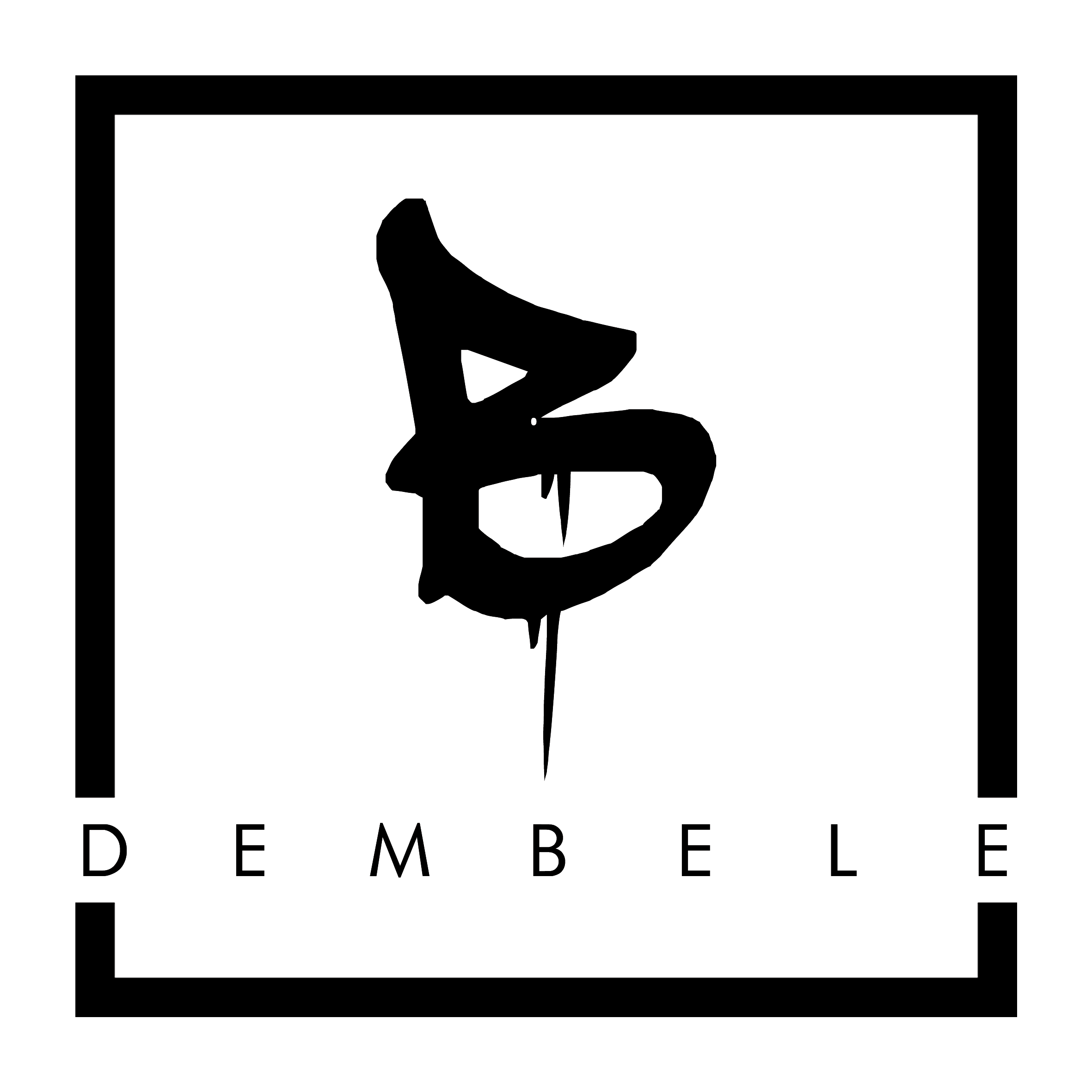
The Black Baroque Project
// The University of Chicago
Stretching from the sixteenth to the eighteenth centuries, and from Amsterdam to Cartagena, Colombia, the Baroque age saw the racialization of blackness (what Aimé Césaire identified in 1936 as Negritude) in the Western world as color-based slavery spread across the Atlantic and around the world. Hitherto conceived as one type of difference among others, Blackness emerged in Baroque culture as a determining racial category organizing power relations and justifying the unequal distribution of rights and resources. Blackness is thus a fundamentally Baroque concept.
Launched in 2021 by the University of Chicago, the Black Baroque Project organizes remote and in-person conversations with Black-identifying artists (in theatre, visual culture, dance, music, etc.) who work with, against, and through Baroque culture in our own moment. Despite the Baroque age’s anchoring of Blackness in slavery, many Black artists today are reworking this aesthetic tradition, exploring the paradoxical space between the Baroque and the Afro-diasporic. In that sense, there is a gap, or slash, at the core of the phrase “Black/Baroque.” The artists featured in our series all probe that originary moment of epistemological shift, speak back, and reveal the ways in which it still lives in the present, even as they turn Baroque performance culture into a vehicle for critique.
Blackness is a fundamentally baroque concept. Launched in 2021 by the University of Chicago, the Black Baroque Project organizes conversations with black artists of all backgrounds who are working with, against and through Baroque culture in our time. Although the Baroque Age anchored Blackness in slavery, many Black artists today are reworking this aesthetic tradition, exploring the paradoxical space between the Baroque and the Afro-diasporic. In this sense, the term “Black/Baroque” implies a gap, or gash, at the heart of the expression. The artists featured in the series all probe this original moment of epistemological change, respond to it and reveal the ways in which it still lives in the present, even as they transform Baroque performance culture into a vehicle for critique.


